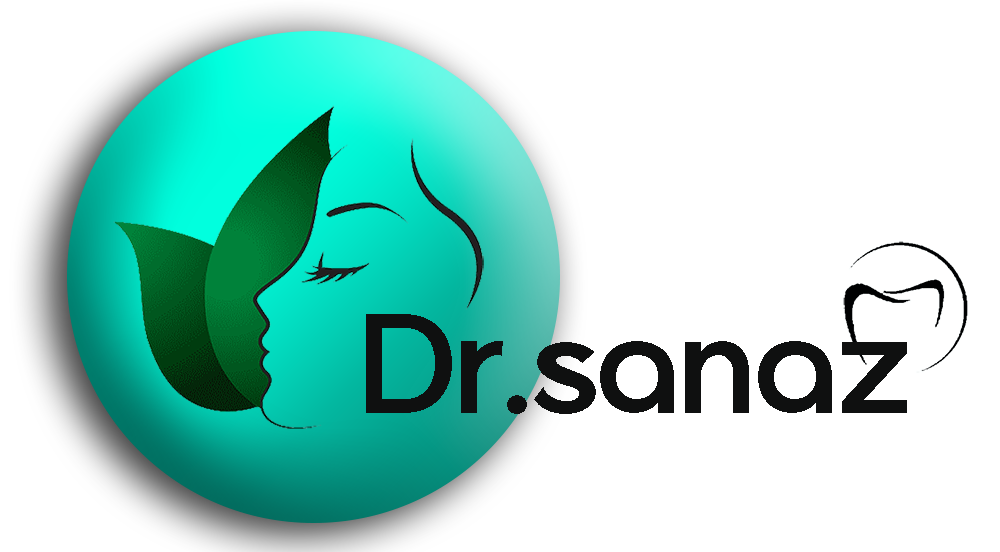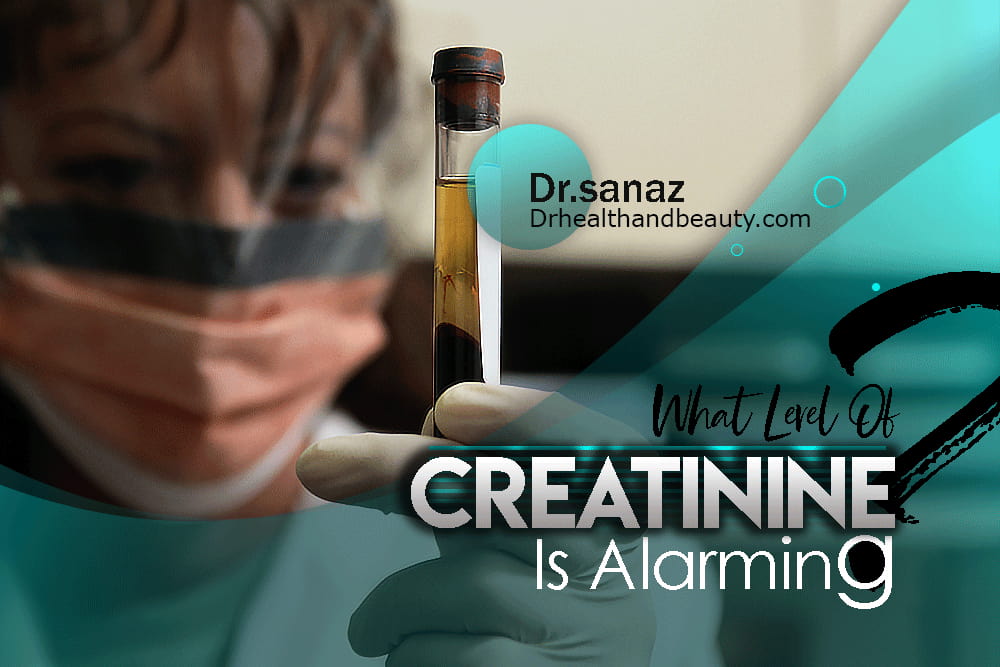

What Is The Root Of Bulimia?
Table of Contents
Bulimia is an important and even threatening eating disorder. People with this disorder usually lose control of their eating and then try to expel food in an unhealthy way due to physical and mental pressure.
People with bulimia nervosa use different and unnatural methods to eliminate food and prevent obesity, This is despite the fact that they may not know the root of bulimia nervosa.
For example, it is possible that after overeating, the food they have eaten will be eliminated prematurely by inducing vomiting, constipation remedies, weight loss supplements, diuretics, or enemas.
You may also be interested in reading the article “Best Morbid Obesity Guidelines For Medical Treatment”
Most of those who suffer from this disorder usually do this to prevent obesity because they are obsessed with their weight and fitness. This group sees the defects of their bodies and resorts to unhealthy methods.
Because bulimia is closely related to self-image, and it is challenging to treat apart from food.
However, effective treatments can help people feel better about themselves, eat healthier diets, and prevent serious complications.

Causes of bulimia nervosa
The cause of bulimia is unknown, but the root of bulimia should be sought first in having a negative perception of oneself. Most of them take a negative view of themselves due to advertisements and the pressure of various media and want to be as similar as possible to the media’s ideal.
Eating can benefit the body as long as it does not harm the body. However, if this eating causes damage to different organs of the body, you should take measures to improve and treat it. Most people feel more hungry when they are nervous.

Bulimia nervosa is one of the worst types of overeating with various roots, in which, in addition to obesity, body fat, and blood cholesterol may increase.
However, maybe for you, this question is what can be the root cause of bulimia nervosa?
- Family and personal crises
- A history of sexual abuse
- Giving in to cultural and family pressures to lose weight
- Family history of overeating and weight gain
- low self-esteem
- Mood disorder, stress, and anxiety
- Obsession with organs
- The use of different medicines and food supplements
It can be one of the causes of bulimia.
Tip: reading the article “Medical Conditions That Cause Morbid Obesity” will be useful.

Explanations of some root causes of bulimia nervosa :
In the continuation of this article, from drhralthandbeauty, we present to you 8 of the most important root causes of bulimia nervosa.
1. Stress and anxiety
The first and most common root cause of bulimia can be stress. Stress and anxiety can cause increased appetite and overeating.
If you suffer from severe stress and anxiety, don’t miss the “Sertraline, Unlocking The Mysteries/ Benefits vs Risks” article.
2. Unfortunate life events
In the list of root causes of bulimia nervosa from drhealthandbeauty.com , the second place is devoted to Unfortunate life events. Events such as losing a job, losing a significant other, family disputes, separation, war, etc., can cause anxiety and stress, leading to bulimia nervosa.

3. Depression
Depression has always been the root of a lot of diseases and disorders. Depression can cause increased appetite and overeating. Most people with binge eating disorders also have other mental health conditions, such as depression, anxiety, or substance use disorder.
4. Improper eating habits
In the fourth place of the introduction of the root causes of bulimia, we come to “improper eating habits”. Inappropriate eating habits, such as eating too fast, eating while watching TV, or using the computer, can cause bulimia.
5. Increase in appetite hormones
Perhaps one of the most well-known root causes of bulimia nervosa is hormonal changes. An increase in the level of stress hormones such as cortisol, some hormones related to appetite and satiety such as ghrelin and leptin Especially during pregnancy can be affected by stress and anxiety and, as a result, may cause binge eating.

6. Genetic factors
Genetics is a significant concept and is an assistant to understanding how medical conditions happen and can have root impacts.
Some people are prone to bulimia nervosa due to certain genetic factors. Research shows that binge eating disorder may have a vital genetic component.
7. Family history: If someone in your immediate family also has an eating disorder, you may be more likely to develop an eating disorder.
8. Diet and body image issues: Research shows that people with binge eating disorders have a negative body image and a history of dieting and binge eating.
Related: “Diet And Exercise Plan For Obese Men“
9. Some diseases
In the last option of investigating the root causes of bulimia nervosa, the influence of some diseases should not be ignored.
For example:
Diseases related to digestion can also cause this disorder.
And in every case, a full check-up should be done by a specialist doctor to diagnose underlying diseases.
In general, understanding the root causes of bulimia can be considered an essential part of treating this problem.
After understanding the root cause of your bulimia, be sure to read the “How Do I Stop My Bulimia?” article

Personality traits that are often seen in people with bulimia include:
- Perfectionism and obsessive behavior (need for control, precision, and order more than usual)
- Impulsive behavior (immediate and irrational decisions, often in financial and relationship fields)
- Narcissism (strong need for approval and admiration, self-centered behavior, and excessive self-focus)
- The noteworthy point is that, like other psychological disorders, multiple factors are involved in the occurrence of this disorder.

Risk factors for bulimia
- Childhood trauma
- A history of sexual assault and abuse
- A family member suffering from this problem
- Stressful life events include emotional failure, divorce, immigration, bankruptcy, etc.
Other psychological disorders that are common among people with bulimia:
- depression
Depression is the most common disorder related to bulimia nervosa and occurs in approximately 50% of these patients.

- Anxiety Disorders:
Anxiety disorders, such as phobias and social anxiety
As well as other disorders, including:
- OCD Obsessive Compulsive Disorder
- Post-traumatic stress disorder
- Attention deficit hyperactivity disorder
- Substance use disorder or addiction
- Bulimia nervosa can also be associated with
- personality disorder. Many patients and their families ask questions about personality disorders and their meanings.
Personality disorders are persistent behavioral, emotional, and cognitive characteristics that cause problems in a person’s social, professional, and academic life.
The most common personality disorder associated with bulimia is borderline personality disorder.

Medical problems and issues in bulimia nervosa
People with bulimia nervosa often have problems caused by excessive purging behaviors, which include:
- dehydration
- loss of blood salts (electrolytes)
- Digestive problems such as inflammation of the esophagus and stomach ( You may also be facing the subject of the article “How To Get Rid Of Acid Reflux?”. )
- Enlarged salivary glands (caused by eating extra carbohydrates that stimulate saliva production)
- Erosion of tooth enamel with the possibility of increasing the risk of cavities in the teeth (caused by the acid in vomit)
The excellent news about bulimia is that the rate of successful treatment among sufferers is about 30-80%.
However, the rate of relapse to binge eating is also very high.
Even with reduced symptoms, constant attention and care are needed for the underlying problems.

The bad news is that the death rate among these patients is high. The death rate for people with bulimia is usually 2-8 times higher than the general population. This is partly due to the increase in suicide rates.
If you or someone close to you has signs and symptoms of bulimia nervosa, it is better to seek counseling as soon as possible. Bulimia or bulimia nervosa is a disease that can be cured as soon as it is treated.
If not followed up and treated, emotional overeating can turn into other eating disorders, including binge eating. Therefore, if your eating patterns are out of control, it is better to consult a psychologist. The psychologist examines your mental and physical condition; He may also refer you to a nutritionist.
Nutritionists can recommend a special diet to the patient that can help them. This diet can help patients achieve healthy eating habits while avoiding hunger and intense cravings for unhealthy foods. To overcome bulimia, eating regularly and not limiting food intake is essential.

Conclusion
When faced with sadness and anger, many people eat to escape from those situations and avoid understanding those feelings. At first, this may seem superficial and standard, but it is not.
This type of eating is very different from when a person starts eating because of hunger. In this situation, the person continues to eat after feeling full. This condition is called bulimia or bulimia nervosa.
A person with bulimia feels guilty after overeating due to the fear of weight gain and carelessness in eating. Use laxatives or forcefully vomit food to stop feeling guilty and afraid of gaining weight.
At the end of examining the root causes of bulimia, if you have experience in this field, you can share it with us or ask


